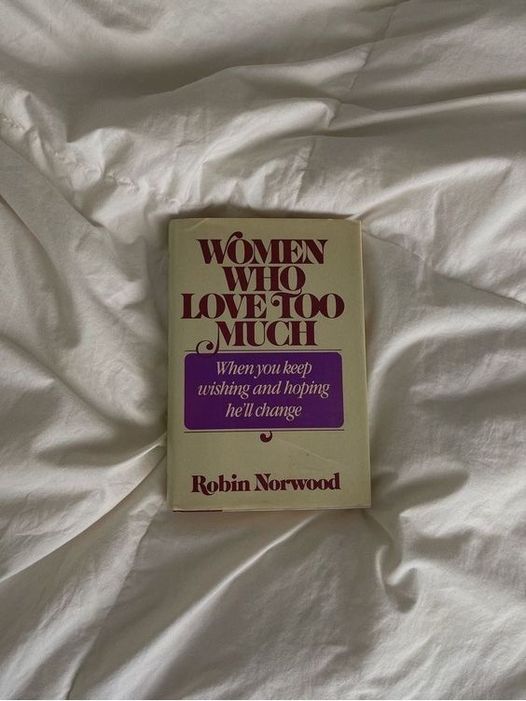"Women Who Love Too Much" by Robin Norwood is a self-help book that addresses the issue of women who repeatedly find themselves in destructive relationships.
Here are 10 lessons from the book:
1. Understanding Codependency:
The book explores the concept of codependency, helping readers recognize the patterns of behavior that may be contributing to unhealthy relationships.
2. Self-Love and Self-Worth:
One of the central lessons is the importance of cultivating self-love and recognizing one's intrinsic worth independent of a romantic relationship.
3. Setting Boundaries:
Norwood emphasizes the significance of setting and maintaining healthy boundaries in relationships to avoid being consumed by the needs and problems of others.
4. Breaking Destructive Patterns:
The book encourages readers to break free from destructive relationship patterns by understanding their own role in perpetuating them.
5. Embracing Independence:
A key lesson is the importance of embracing independence and learning to derive happiness from one's own life rather than relying solely on a partner for fulfillment.
6. Recognizing Warning Signs:
Norwood helps readers identify warning signs of unhealthy relationships, empowering them to make informed choices about their personal lives.
7. The Difference Between Love and Pity:
The book distinguishes between healthy, reciprocal love and the self-destructive tendency to feel pity for partners, which can perpetuate a cycle of unhealthy relationships.
8. Codependency and Addiction:
Norwood discusses the connection between codependency and addiction, shedding light on how individuals may unknowingly enable destructive behavior in their partners.
9. Learning from Past Mistakes:
The book emphasizes the importance of self-reflection and learning from past relationship mistakes to avoid repeating patterns that lead to unhappiness.
10. Taking Responsibility for Happiness:
Ultimately, "Women Who Love Too Much" teaches readers to take responsibility for their own happiness, recognizing that true fulfillment comes from within rather than relying on external relationships.
These lessons aim to guide women toward healthier, more balanced relationships by addressing the underlying issues of codependency and fostering self-love and independence.




